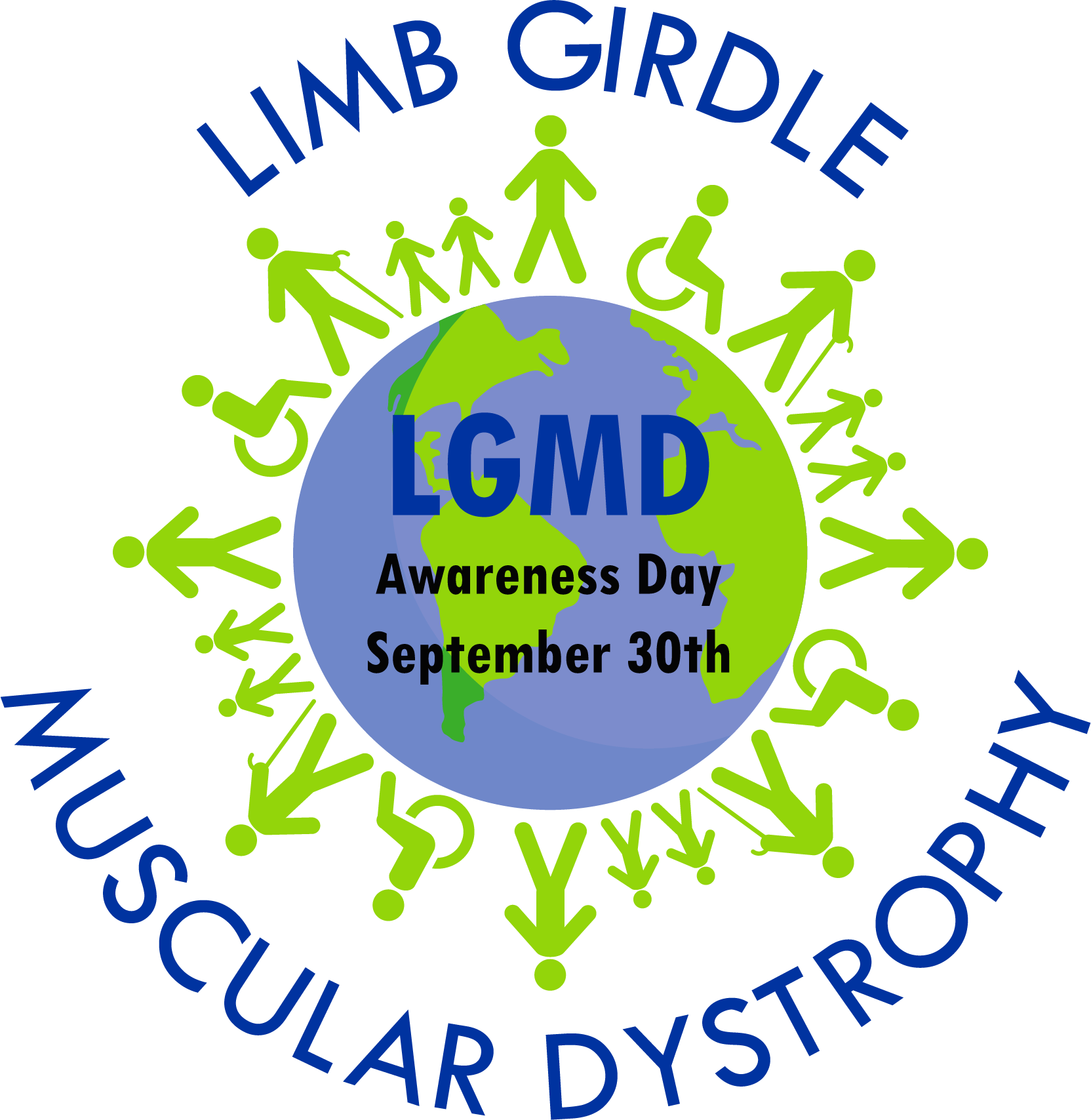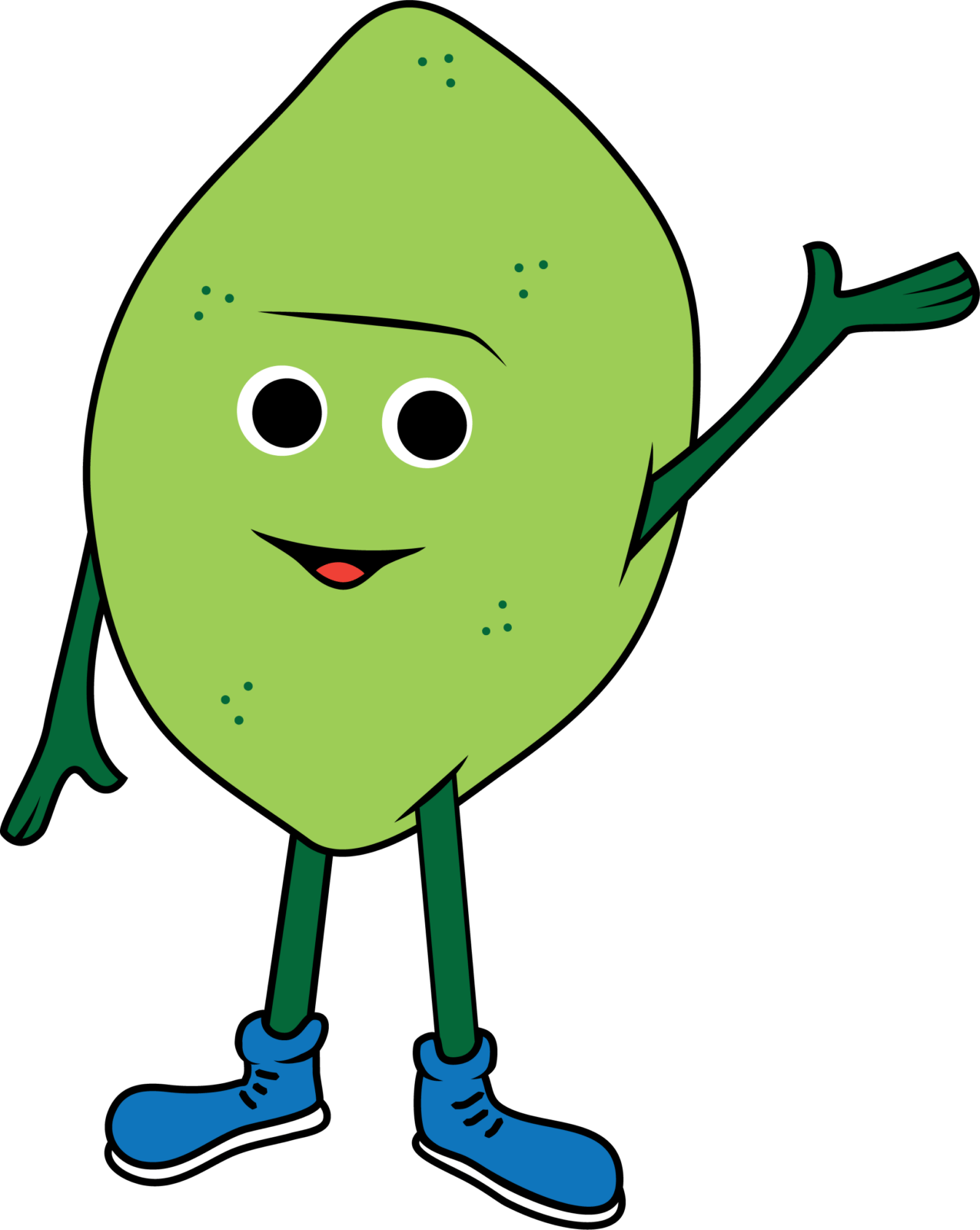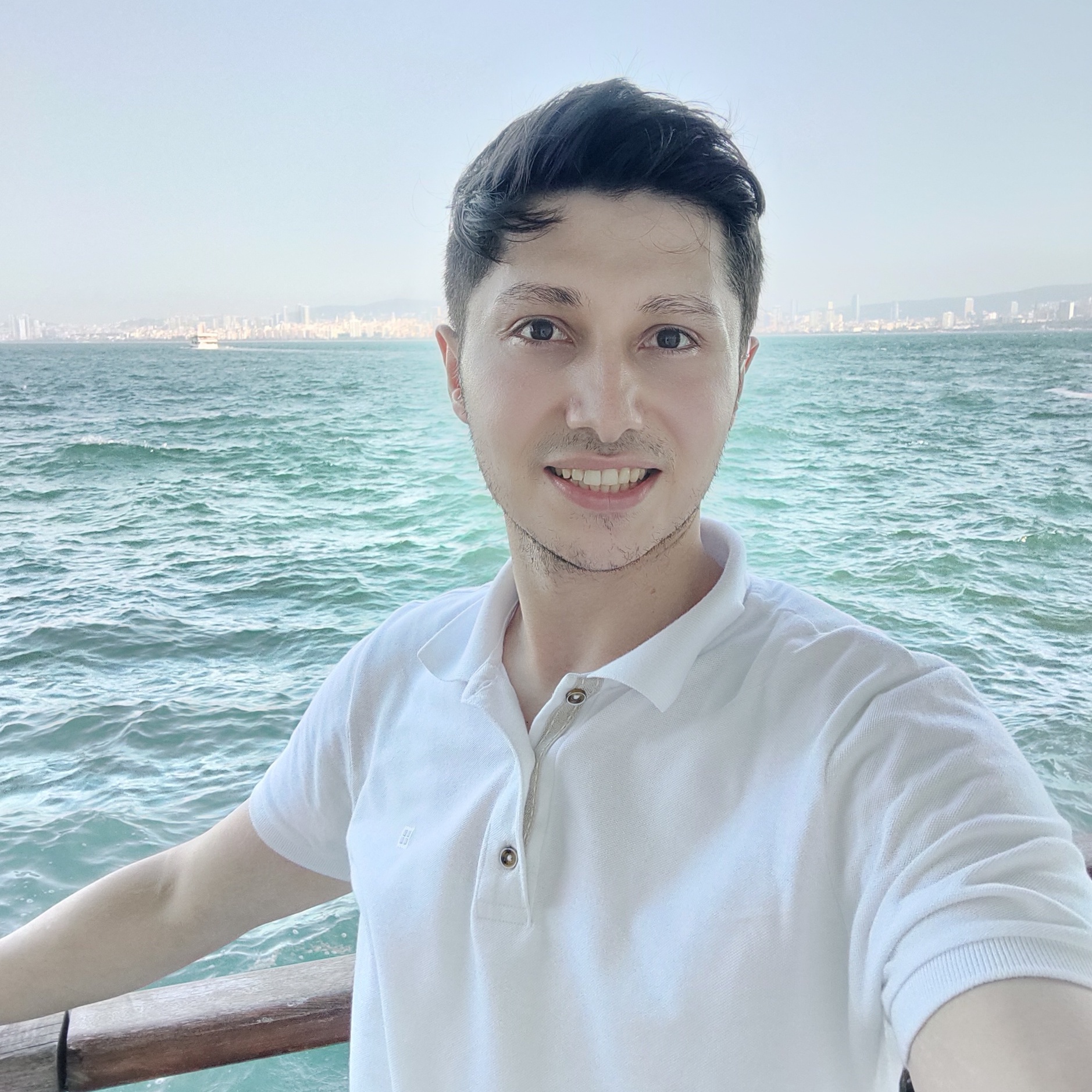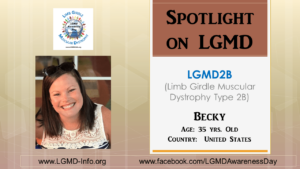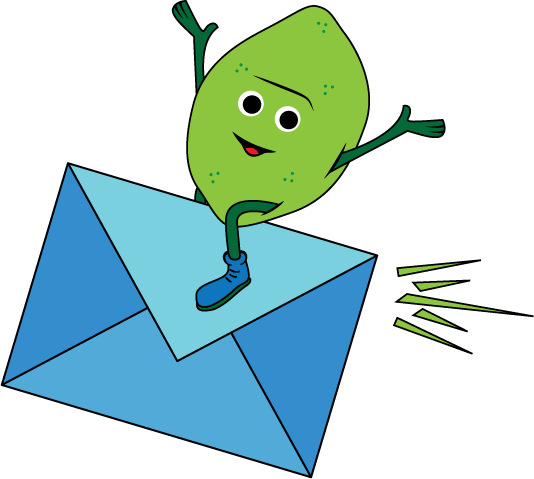INDIVÍDUO COM LGMD: Becky
LGMD "Entrevista em destaque"
Nome: Becky Idade: 35 anos de idade
País: EUA
LGMD Sub-tipo: LGMD2B
COM QUE IDADE FOI DIAGNOSTICADO:
Foi-me diagnosticada em 2009, com 27 anos.
QUAIS FORAM OS SEUS PRIMEIROS SINTOMAS:
Os meus primeiros sintomas foram a dificuldade em subir degraus, levantar-me do chão ou levantar-me de um assento/casa de banho.
TEM OUTROS FAMILIARES QUE SOFREM DE LGMD:
Nenhum outro membro da família tem LGMD.
QUAIS SÃO, NA SUA OPINIÃO, OS MAIORES DESAFIOS DE VIVER COM LGMD:
O maior desafio para mim é a parte mental de compreender as minhas limitações. Saber que a minha vida não é como eu alguma vez imaginei que seria. Saber as coisas que eu e o meu marido tivemos de mudar para enfrentar e lidar com esta doença em constante progressão.
QUAL É A SUA MAIOR REALIZAÇÃO:
Penso que a minha maior realização depois de me ter sido diagnosticada esta doença é o meu casamento. Casámo-nos dois meses antes de eu começar a fazer todos os exames para determinar o que estava errado. Na doença e na saúde chegou muito mais cedo do que alguma vez poderíamos ter imaginado, mas hoje somos mais fortes por causa disso.
COMO É QUE A LGMD O INFLUENCIOU A TORNAR-SE A PESSOA QUE É HOJE?
Esta doença é uma mudança de vida. Apesar de estar dependente da minha família e dos meus amigos, continuo a ser bastante independente. Conduzo com comandos manuais, sou engenhoso nas formas que encontro para continuar a fazer as coisas por mim próprio e, de certa forma, apesar de os meus músculos estarem mais fracos, estou mais forte. Isto não aconteceu de uma só vez. Demorou algum tempo a perceber que sou uma pessoa forte, apesar de os meus músculos estarem fracos.
O QUE É QUE QUER QUE O MUNDO SAIBA SOBRE A LGMD:
Quero que o mundo saiba e compreenda que esta doença é tão difícil. Por vezes, o meu cérebro não se lembra que não posso fazer uma coisa e começo a fazê-la para depois me aperceber que não consigo. Quero que saibam que, a partir do momento em que alguém com LGMD acorda, tem de pensar imediatamente em como vai enfrentar o dia. O mundo deve saber que esta doença, embora um pouco invisível, é real e extremamente difícil de lidar. Que o facto de alguém andar por aí com esta doença não significa que esteja bem ou curado. Temos de continuar a viver as nossas vidas, mesmo que por detrás do nosso sorriso estejamos exaustos ou a sofrer. O mundo também deve saber que HAVERÁ UMA CURA. Há tantas pessoas a trabalhar neste sentido e os progressos feitos nos poucos anos em que me foi diagnosticada a doença foram enormes.
SE A SUA LGMD PUDESSE SER "CURADA" AMANHÃ, QUAL SERIA A PRIMEIRA COISA QUE GOSTARIA DE FAZER:
Esta lista é LONGA....mas, primeiro, eu corria. As minhas pernas já não se mexiam assim há muito tempo.
* Para ler mais "LGMD Spotlight Interviews" ou para se voluntariar para uma próxima entrevista, visite o nosso site em: https://www.lgmd-info.org/spotlight-interviews

